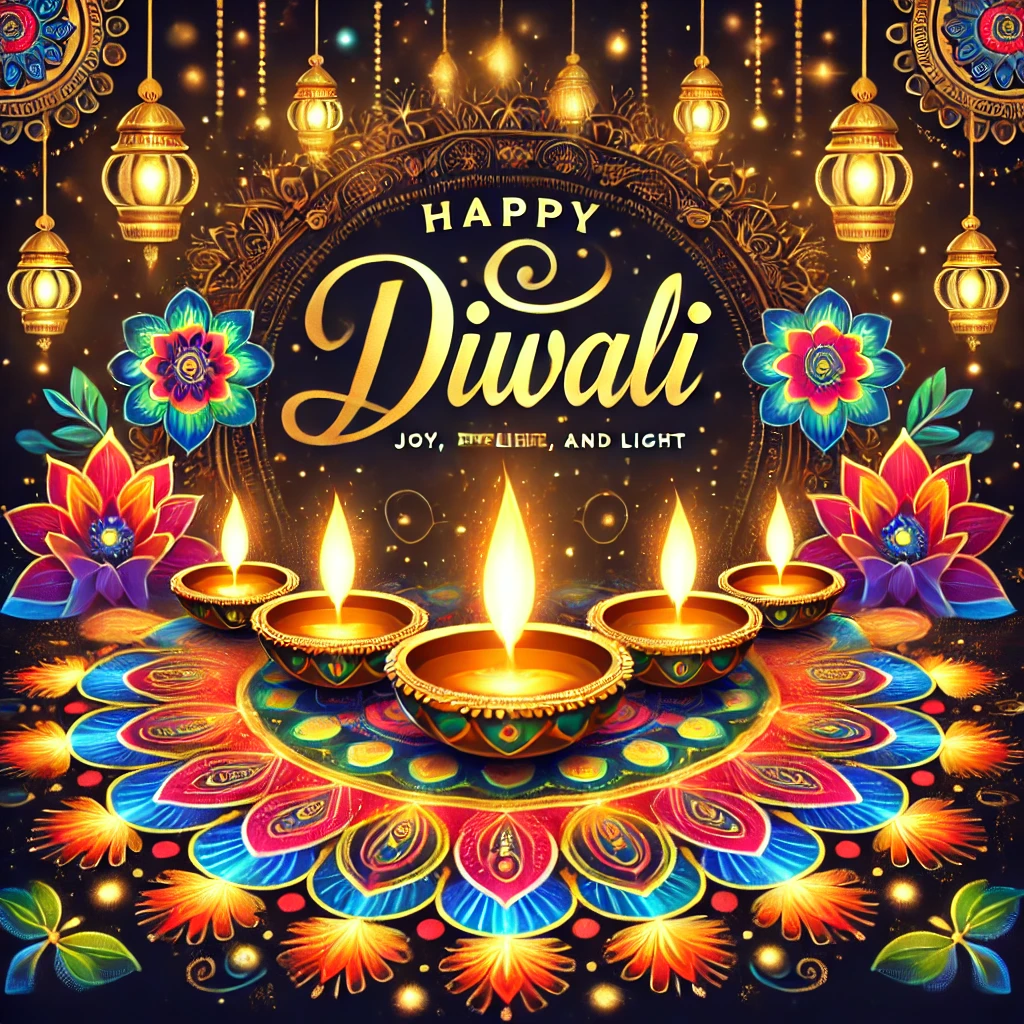
Celebrating Diwali: Traditions, Significance, and Sustainable Celebrations
celebrating-diwali-traditions-significance-and-sustainable-celebrations
Celebrating Diwali: Traditions, Significance, and Sustainable Celebrations
Diwali, the Festival of Lights, is one of the most awaited festivals in India and among Hindu communities worldwide. This vibrant celebration marks the victory of light over darkness and good over evil, filling homes and hearts with joy, hope, and the spirit of giving. Diwali falls on November 12, promising to bring families together with love, lights, and renewed purpose. Whether you’re celebrating Diwali for the first time or it’s a cherished annual tradition, let’s dive into the rich cultural history, rituals, and sustainable ways to make this Diwali even more meaningful.
The Meaning and Significance of Diwali
Diwali, also known as Deepavali, literally translates to a "row of lights." It celebrates the return of Lord Rama to Ayodhya after a 14-year exile and his victory over the demon king Ravana, symbolizing the triumph of good over evil. Homes are adorned with lights and oil lamps (diyas) as a representation of hope, prosperity, and protection from darkness. For many, Diwali is also an opportunity for spiritual renewal and a time to honor the goddess Lakshmi, the deity of wealth and prosperity.
The festival is celebrated over five days, with each day holding unique significance:
Day 1 - Dhanteras: People buy new utensils and gold to honor the goddess Lakshmi and invite prosperity into their homes.
Day 2 - Naraka Chaturdashi (Choti Diwali): It marks Lord Krishna’s victory over the demon Narakasura, observed with family gatherings and the lighting of diyas.
Day 3 - Lakshmi Puja: The main day of Diwali is dedicated to Lakshmi, with elaborate rituals to welcome wealth and prosperity into homes.
Day 4 - Govardhan Puja: This day celebrates Lord Krishna's protection of his devotees by lifting Mount Govardhan.
Day 5 - Bhai Dooj: Siblings come together to celebrate the bond between brothers and sisters, ending the festival on a note of family unity.
Traditional Diwali Celebrations
Traditional Diwali festivities are filled with joyous customs, including:
Decorating with Rangoli: Beautiful designs made with colored powders, flowers, and rice adorn the entrances of homes.
Lighting Diyas and Candles: Symbolizing the dispelling of darkness, families light oil lamps inside and outside their homes.
Bursting Firecrackers: Fireworks are used to mark celebrations, although there’s a growing trend to limit them due to environmental and health concerns.
Sharing Sweets and Gifts: Families exchange sweets, dry fruits, and gifts, which symbolize goodwill, love, and blessings.
Sustainable Diwali: Tips for an Eco-Friendly Celebration
While Diwali’s traditional customs are beautiful, they can sometimes have an environmental impact. Here’s how you can enjoy a greener Diwali this year:
Eco-Friendly Diyas and Candles: Choose clay diyas or soy-based candles over plastic or paraffin candles, which can emit harmful chemicals.
Limit Firecrackers or Opt for Green Crackers: Reduce air pollution by using fewer fireworks or choosing "green crackers," which produce less smoke and noise.
Upcycled and Natural Decorations: Use natural materials like leaves, flowers, and organic colors for rangoli designs instead of synthetic powders.
Support Local Artisans: Opt for handmade decor, traditional pottery, or handwoven textiles to support small businesses and reduce your carbon footprint.
Digital Greetings: Send e-cards or messages instead of paper cards to reduce waste and conserve resources.
Mindful Gifting: Consider eco-friendly or handmade gifts, like organic soaps, reusable bags, or handmade crafts. Sustainable gifts make an impact while showing thoughtfulness.
Delicious Diwali Sweets and Dishes to Try
No Diwali is complete without the sweet aroma of traditional dishes. Here are some popular Diwali treats you can prepare at home:
Ladoo: A beloved Indian sweet made from ingredients like gram flour, coconut, and jaggery.
Kaju Katli: A smooth, diamond-shaped dessert made with cashews and sugar.
Gulab Jamun: Small, fried dough balls soaked in a rose-flavored syrup that’s deliciously indulgent.
Chakli and Namak Pare: Savory, crispy snacks to balance out the sweetness of the desserts.
Creating these treats at home can add a special touch to your celebration and ensure high-quality, fresh ingredients.
